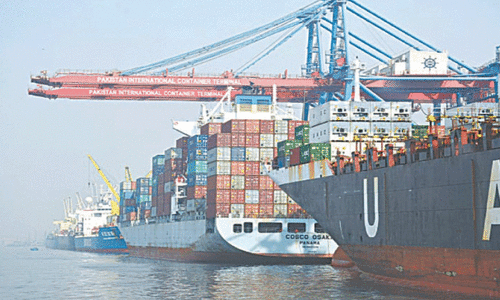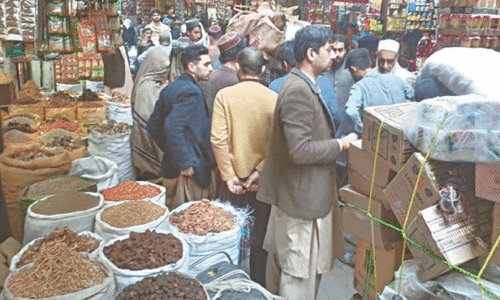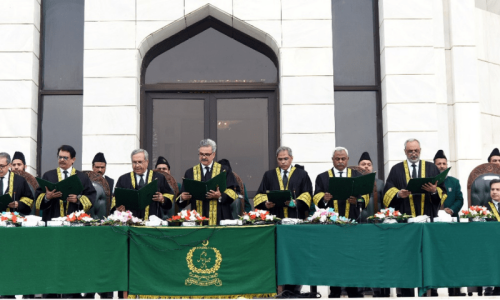
NEW DELHI: Indian Prime Minister Narendra Modi launched a payments bank on Saturday to turn postmen into bankers so they can offer financial services to the poor in rural areas and boost digital transactions.
Modi has since 2014 sought to end what he has called “financial untouchability” by giving millions of people access to banking services in India, which the World Bank estimates has 190 million people without a bank account, second only to China.
The India Post Payments Bank will start operations with 650 branches. Accounts will be able to hold a maximum of 100,000 rupees ($1,408) in deposits and will offer limited services.
The government said it planned to link its 155,000 post offices to the new payments bank network by Dec. 31 to offer basic bank account services, money transfers and bill payments.
“Using this initiative, we will take the bank to villages and to the poor,” Modi said at the launch event in New Delhi, which was also attended by dozens of postal service employees who sat dressed in their khaki-coloured uniforms.
More than 300,000 postmen will use smartphones and other digital devices to offer doorstep banking services in remote areas of the country.
While Modi addressed a gathering in Delhi, his ministers promoted the launch across the country.
The campaign to bring the masses into the financial system could help bolster economic growth and improve Modi’s popularity among the poor ahead of next year’s national election.
The bank is the latest government initiative to boost digital transactions and discourage cash dealings that it says enables tax evasion.
Modi has promoted digital payments since his decision in November 2016 to withdraw 500 and 1,000 rupee notes from circulation. Electronic transactions have soared since then, although the move briefly hurt economic growth.
Indians in May clocked transactions worth $52 billion using their 964 million credit and debit cards, nearly double the amount recorded in November 2016.
Monthly mobile-wallet payments have risen nearly fivefold to $2bn during the period, data from the Reserve Bank of India showed.
Published in Dawn, September 2nd, 2018













































